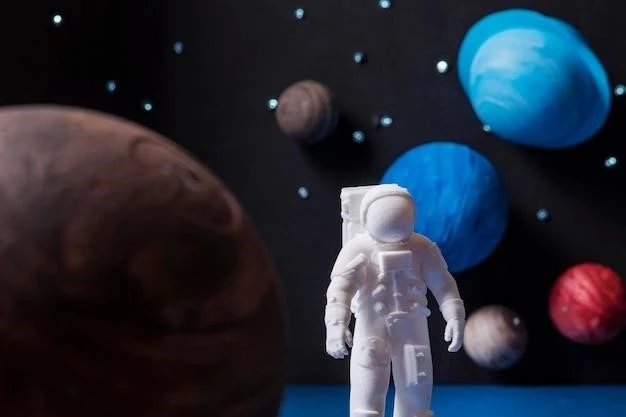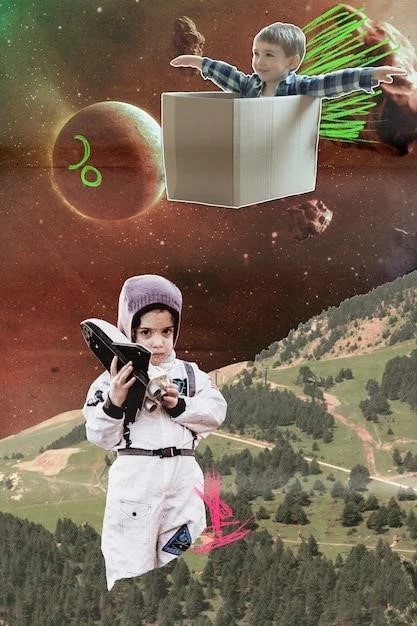I’ve always been fascinated by space. The sheer scale of the universe, the bizarre and beautiful objects that exist out there, and the tantalizing possibility of extraterrestrial life have always captured my imagination. Recently, I decided to delve deeper into the subject, and I’ve been amazed by some of the fascinating facts I’ve learned. So, buckle up, space cadets! We’re about to embark on a journey through some of the most interesting facts about the cosmos.
1. Sunsets on Mars are Blue
We’re used to sunsets being a fiery red-orange here on Earth. But on Mars, the sunsets are a cool blue. This is because of the way that dust in the Martian atmosphere scatters light. The dust particles scatter the longer wavelengths of light (red and orange) more effectively, leaving the shorter wavelengths (blue and violet) to reach our eyes.
2. There’s a Planet Made of Diamond
Imagine a planet twice the size of Earth, made entirely of pure, crystallized carbon. That’s 55 Cancri e, a planet located about 40 light-years away from us. This planet orbits a sun-like star and whips around it in just 18 hours. Because of the intense pressure and heat deep within 55 Cancri e, scientists believe the carbon atoms have bonded together to form a giant diamond. Talk about a sparkling discovery!
3. You Can’t Cry in Space
This one might sound strange, but it’s true! Tears don’t fall in space. Because there’s no gravity to pull them down your face, tears just clump together in a ball around your eyes. I guess that means astronauts have to find other ways to let out their emotions!
4. Space is Completely Silent
I remember watching movies as a kid and hearing the roar of spaceships as they zipped through the cosmos. In reality, space is completely silent. This is because sound waves need a medium to travel through, like air or water. Since there’s no air in space, there’s no sound. That means those epic space battles in movies would be eerily quiet in real life.

5. Footprints on the Moon Will Last Millions of Years
The Moon doesn’t have an atmosphere like Earth. That means there’s no wind or rain to erode the surface. When Neil Armstrong and Buzz Aldrin took their first steps on the Moon in 1969, they left footprints that will remain there for millions of years. It’s a testament to human exploration and a reminder of our enduring presence in the universe.
6. One Day on Venus is Longer Than One Year on Earth
Talk about a long day! Venus rotates incredibly slowly, taking about 243 Earth days to complete one rotation. Ironically٫ it takes Venus less time to orbit the Sun (225 Earth days) than it does to spin on its axis. This means that a day on Venus is longer than a year on Venus!
7. There are More Stars in the Universe Than Grains of Sand on Earth
The sheer vastness of space is almost impossible to comprehend. Astronomers estimate that there are over 100 billion galaxies in the observable universe, and each galaxy contains billions upon billions of stars. To put that into perspective, it’s estimated that there are more stars in the universe than there are grains of sand on all the beaches on Earth. Mind-blowing, right?
8. The Largest Volcano in Our Solar System is on Mars
Move over, Mount Everest! Olympus Mons, a shield volcano on Mars, dwarfs any mountain on Earth. It’s about three times the height of Mount Everest and spans an area roughly the size of Arizona. Luckily, Olympus Mons has been extinct for millions of years, so we don’t have to worry about any Martian eruptions anytime soon!

9. The Sun Makes Up 99.86% of the Solar System’s Mass
Our Sun is a true heavyweight in the solar system. It accounts for a whopping 99.86% of the total mass of our solar system. To put that into perspective, that means if you took all the planets, moons, asteroids, and everything else in our solar system and combined them, they would only make up a tiny fraction of the Sun’s mass.
10. We’re All Made of Stardust
This one always gives me chills. The elements that make up our bodies – carbon, nitrogen, oxygen, and so on – were forged in the cores of stars billions of years ago. When those stars exploded as supernovas, they scattered these elements into space, where they eventually coalesced to form planets, and, ultimately, life. So, in a very real sense, we are all made of stardust.
These are just a few of the countless fascinating facts about space. Every new discovery seems to unveil even more mysteries and wonder about the universe we live in. As we continue to explore the cosmos, I have no doubt that we’ll uncover even more mind-blowing facts that will challenge our understanding of the universe and our place within it.










